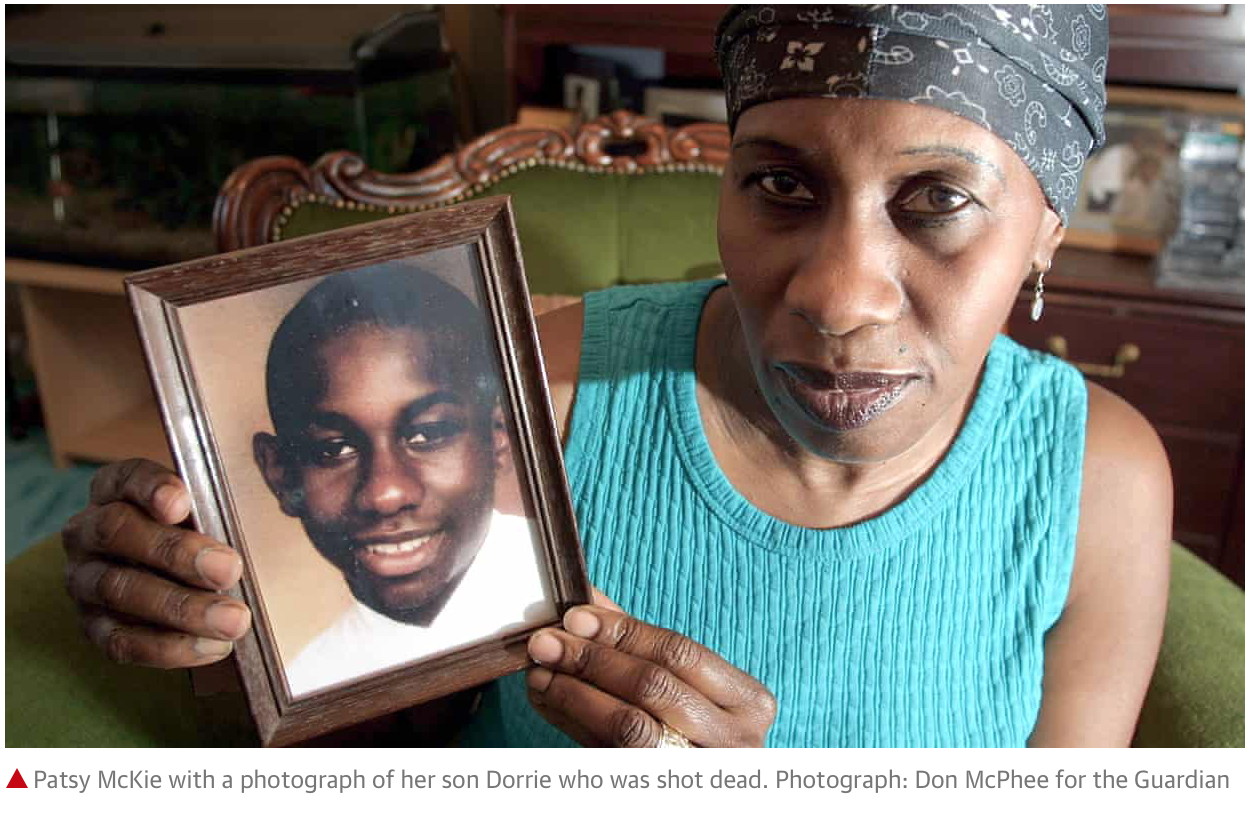The following extracts are from campaigners, experts, and ex-gang members, interviewed in the Guardian newspaper, linked here: https://www.theguardian.com/uk-news/2018/apr/07/who-can-solve-londons-knife-crisis
The mother and campaigner: Patsy McKie, founding member of Mothers Against Violence, Manchester
We sometimes think [tackling gang violence] is something that one has to do outside of the people who are doing it. We have to see what’s happening, and what it’s causing, in our communities. Then we have to move away from that and do something different.
We need to actually find out from the young people why they think it’s happening and what they think can be done. Things have got to a place where too much has gone on to stop something just like that. You really have to find the people who are doing it – and we really don’t find them, and if we do they don’t talk to us. If you teach a child something, especially when young, it stays with them for ever. We need to teach children good habits so that when they grow up they’re still in that habit. Addiction is a habit – they become addicted to something and they can’t stop, or they think they can’t. It’s so difficult to stop something you’ve always done before. We go to junior school, and PRUs [pupil referral units], secondary school and colleges and universities. [Young people] tell you some of the things older people will say – there’s not enough policing, there’s not enough of this or that. There will never ever be enough of everything that we need. What we need to think is: how we can change things with what we’ve got? That’s what I tell them.
The medic: Dr Christine A Goodall, director of Medics Against Violence, Glasgow
What has worked well here [in Glasgow, where the number of homicides has dropped by almost half since 2007], is that w e looked at violence in the round. [We adopted a public health model] which means everybody has to work together. It’s absolutely not just a policing issue, it involves everybody: schools, communities, hospital, prisonsand we work in workplaces as well. We had seen so many young people injured as a result of violence that we decided we had to do something about that.
We put together a programme that we use in schools. I hope we present them with enough information in order to make decisions about what they’re going to do, because they carry with them a lot of myths about the safety of violence – and what you can get away with doing and it still be ok. The idea that there’s a safe place to stab someone, not understanding how quickly you can lose your blood volume, and at what point that become irretrievable and the fact that medicine can’t actually save everybody
This is not party political statement, but our government is very supportive of reducing violence, all parties in Scotland would be. We don’t want the label of the most violent country in Europe.
This is a situation that was made by government. They claim they were trying to tackle it using law and justice agenda. They’re trying to police a situation that they have contributed to greatly. Do you think these young people who are behaving the way that they’re behaving, engage with the media to even know there’s a lack of police? These young kids – they see police every single day. That’s part of the problem, they’re being oppressed and harassed by the police continually. And the rest of the public sector is in the pockets of the police.
They’ve built a system that kicks young black kids out of schools at a very early age, they stigmatise them with the type or label meaning gangs and they remove all services from them.
The stigma of being in a gang even means they become marginalised and ostracised within their own communities. The system that has created this has to stop. The multi-agency approach where everybody in the system is looking to structural characteristics to identify gang members is misinterpreting the behaviours of young people. What the system needs to do is build the capacity of our community. The Oliver Letwin letters[showing that inner-city black communities were denied funding on the basis they would waste it all on the “drug and disco trade”]: every government since seems to have been led by the policy in that letter.
Our black voluntary sector has been decimated. As a 17 year old I went to prison for three years, when I came out of prison I was supported by the black voluntary sector. They built my capacity to be able to work with others who looked like me, represent others who look like me and reach my potential. The black voluntary sector would have made sure these kids didn’t feel so isolated and marginalised and angry that they would carry out the kinds of heinous and violent disgusting crimes that they’re doing today.

